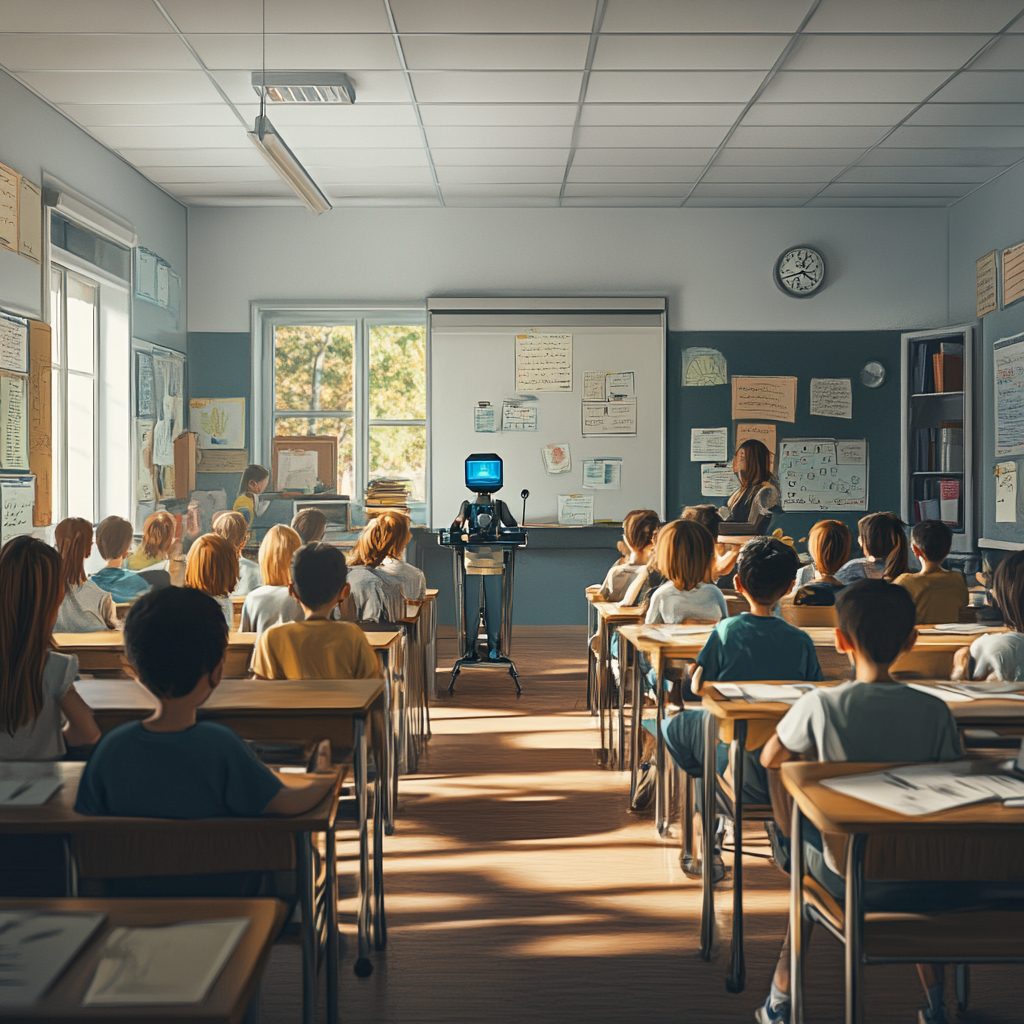As AI agents begin making decisions on our behalf—from suggesting investments to assisting in surgeries—the question isn’t just how smart they are. It’s whether we can trust them when it matters most.
That’s exactly what a new research effort led by former DeepSeek contributor Long Ouyang and collaborators is trying to solve. Their new method, RAGEN (Reward-rational Advantage-grounded Exploration with Novelty), could change how we train AI agents—by shifting focus from pure performance to reliable and safe behavior.
Because here’s the hard truth: even the most intelligent AI agent can make disastrous choices if it hasn’t been trained to handle the real world’s messiness, edge cases, and uncertainties. In fact, the smarter they get without the right guardrails, the more dangerous they can become.
Smarts Aren’t Enough—Agents Need Judgment
RAGEN introduces a different way of thinking. Instead of just rewarding agents for “winning” (like solving a maze or completing a task), it teaches them to think more like humans:
- What’s a reasonable choice here?
- Is this new path worth the risk?
- Am I acting in a way that makes sense outside a perfect simulation?
It does this by blending three powerful ideas:
- Reward-rational learning – so the agent tries to act in line with what a reasonable human would do.
- Advantage-grounded exploration – it explores cautiously, only when the possible reward justifies it.
- Novelty incentives – it looks for new strategies but avoids risky shortcuts.
The result? AI agents that aren’t just high-performers—but are calm under pressure, adaptable to change, and far less likely to go off the rails when conditions shift.
In testing across environments like OpenAI Gym, RAGEN-trained agents didn’t just outperform others—they behaved more responsibly, especially when faced with unfamiliar situations.
As Ouyang puts it, “It’s not about making the smartest agent. It’s about making the most trustworthy one.”
You can dive deeper in this article from VentureBeat.
Q&A
Q1: Why is this approach so critical right now?
Because AI agents are rapidly being deployed into high-stakes environments. We need methods like RAGEN to ensure these agents don’t just “perform,” but do so safely and predictably—even when things go off-script.
Q2: Who should pay attention to this research?
Product builders, AI developers, policy leaders, and any company deploying autonomous systems. The future of AI won’t just be about intelligence—it will be about reliability, responsibility, and earning our trust.
If this topic matters to you (and it should), don’t leave empty-handed—sign up for our AI Newsletter and stay updated on the big ideas shaping AI’s future.
If you’re exploring how to build safe, dependable AI agents—or want help applying these ideas to your business—click here to connect with our consulting team.


